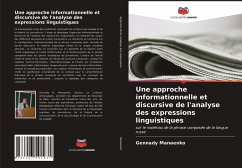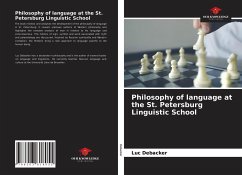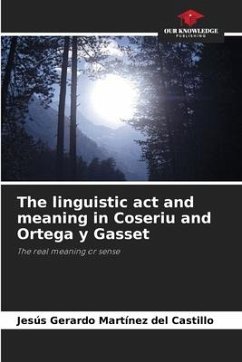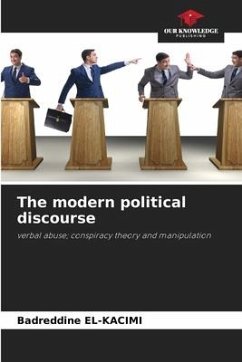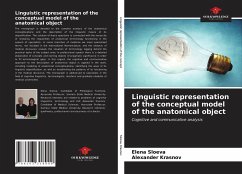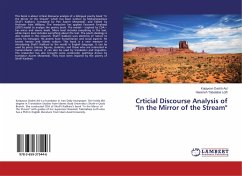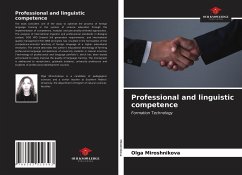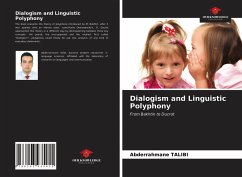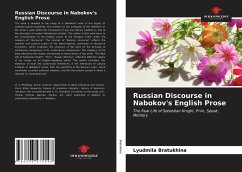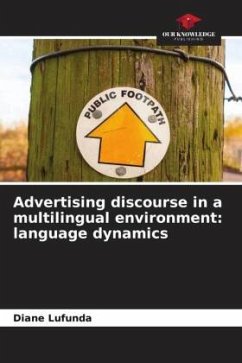
An information-discursive approach to the analysis of linguistic expressions
on the material of a compound sentence in Russian
Versandkostenfrei!
Versandfertig in 6-10 Tagen
52,99 €
inkl. MwSt.

PAYBACK Punkte
26 °P sammeln!
The monograph deals with topical problems of the theory of language and the theory of journalism. It substantiates and develops an information and discursive approach to the analysis of linguistic expressions, integrating the achievements of various fields of humanitarian knowledge. The research focuses on the three-dimensional manifestation of the compounded sentence in speech activity (discourse), language material (text) and language (abstract system); the research is devoted to the specificity of the relation between the language unit and the information unit, and the functioning of the co...
The monograph deals with topical problems of the theory of language and the theory of journalism. It substantiates and develops an information and discursive approach to the analysis of linguistic expressions, integrating the achievements of various fields of humanitarian knowledge. The research focuses on the three-dimensional manifestation of the compounded sentence in speech activity (discourse), language material (text) and language (abstract system); the research is devoted to the specificity of the relation between the language unit and the information unit, and the functioning of the compounded sentence in the analytical genres of journalism. The author of the article reveals the status and objectives of the study of the compounded sentence; analyses the relations man-information, information-language (through the correlations consciousness-ideal, ideal-language), language-discourse, discourse-information space; analyses the concept of proposition, its semantic and communicative aspects, reveals the conceptual significance of this concept for the theoretical understanding of the compounded sentence in correlation with the concepts of predication and predicativity; offers a typology of compounding categories



